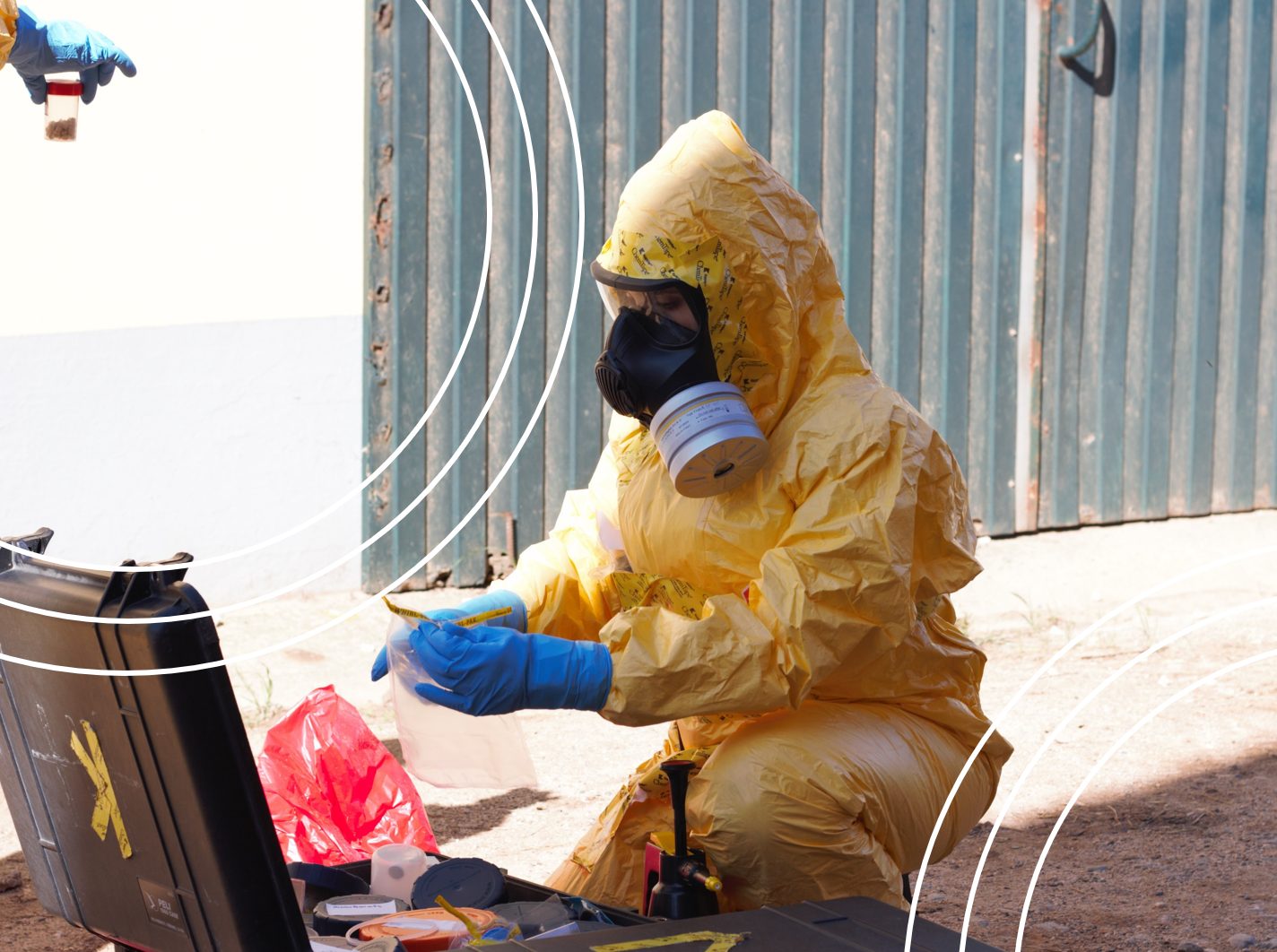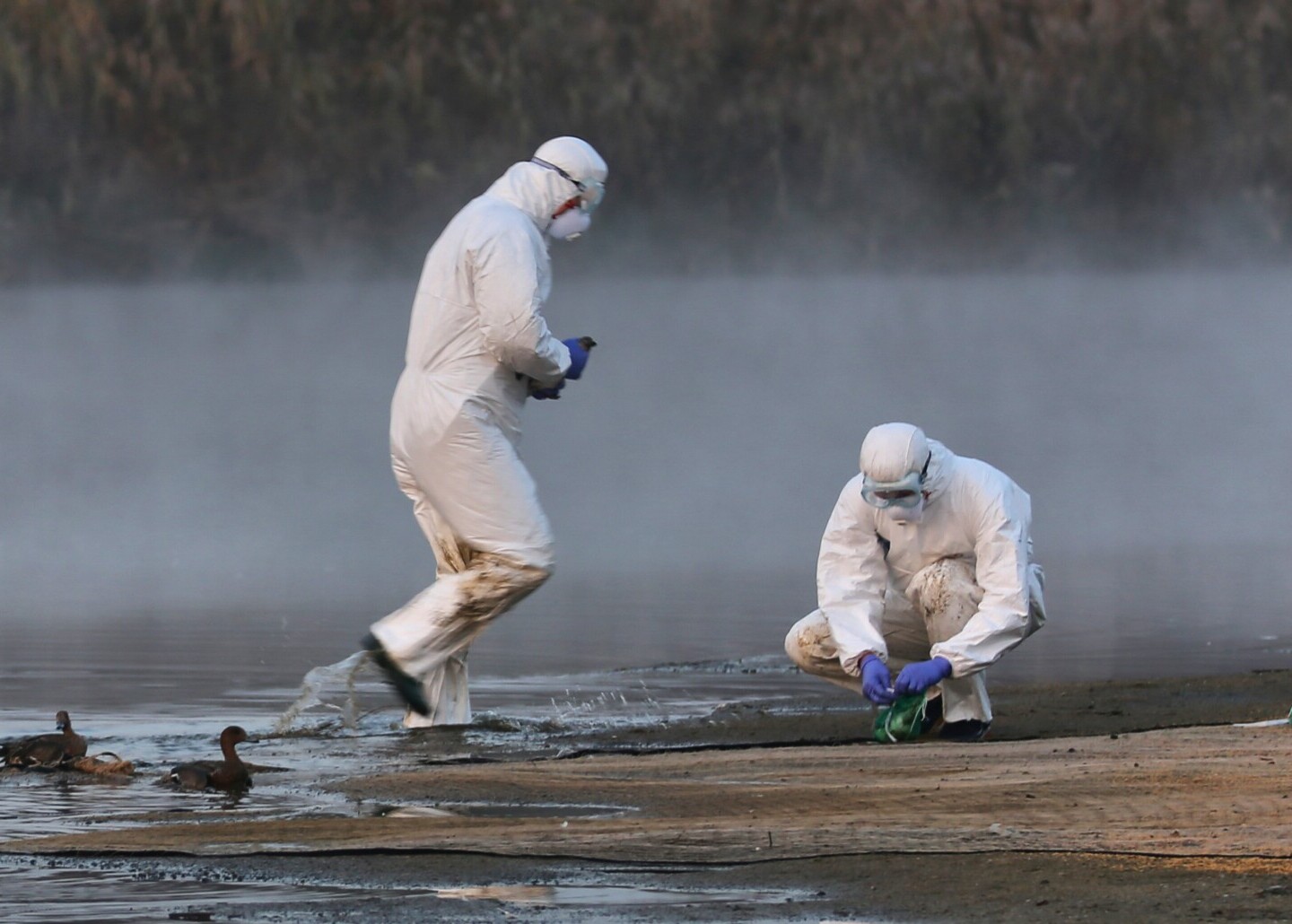Global Activities
Incident Management System
WOAH is developing an organisation-wide incident management system (IMS) for all hazards, which will support an effective response to an emergency, including a deliberate biological incident and ensure business continuity in the light of a disruptive event. The IMS will align with and respect WOAH’s mandate, expectations of Members and role of partner organisations, whilst integrating a health-security function.
Africa-focused activities
WOAH will organise workshops with relevant security partners, such as INTERPOL, to bring Veterinary Services and Law Enforcement together on the topics of agrocrime and agroterrorism, to discuss information sharing, prevention and investigation of potential biological threats related to the animal health sector.
In the context of biosecurity, WOAH will be supporting several Member countries in developing contingency plans for high-risk pathogens, working with relevant national, regional, and international stakeholders.
Regional training workshops on simulation exercises (training of trainers) will also be conducted. These will be followed by in-country simulation exercises that will be delivered in accordance with WOAH’s Guidelines for Simulation Exercises.
Additionally, emergency management workshops with multiagency and multistakeholder representation aimed at sharing good emergency management practices and advocating for the involvement of the animal health sector in emergency responses will be organised.
WOAH will facilitate short-term expert exchanges between national veterinary laboratories in selected countries and WOAH’s collaborating and reference centers in Africa and other parts of the world. These will provide a platform for skill development and experience sharing between countries on the various aspects of biological threat reduction.
WOAH will conduct comprehensive reviews of selected countries’ veterinary legislation and other relevant legal frameworks, with experts through mechanisms such as the Veterinary Legislation Support Programme (VLSP), to ensure that they effectively address biological threat reduction.
Additional supporting activities to the review may include working with the countries to draft new legislation or improve existing legislation, depending on the needs identified, to ensure that they are in line with international legal frameworks for biological threat reduction and that they effectively define the role of veterinary services in biological threat reduction in collaboration with other relevant sectors.
Under this pillar, WOAH is to organise regional and national training workshops for laboratory technical personnel and managers on a range of topics relevant to biological threat reduction including diagnostics, bioinformatics and data management, biorisk assessment and management, biological waste management and risk communication. These will be aimed at equipping African experts with the necessary skills to prevent, detect, analyse and respond to biological risks associated with the animal health sector.
WOAH will further support some of the selected countries’ veterinary laboratories to work towards accreditation by ensuring compliance with WOAH’s and other international standards through mechanisms such as the lab twinning programme.
To identify other needs and gaps, WOAH will support selected countries with the Performance of Veterinary Services (PVS) Pathway evaluation which is intended to assess all aspects of a country’s animal health sector including the capacities of the veterinary laboratories.
Working with partners, WOAH will conduct in-country training workshops on the various forms of disease surveillance including vector-borne disease surveillance, event-based surveillance, and community-based surveillance among others.

